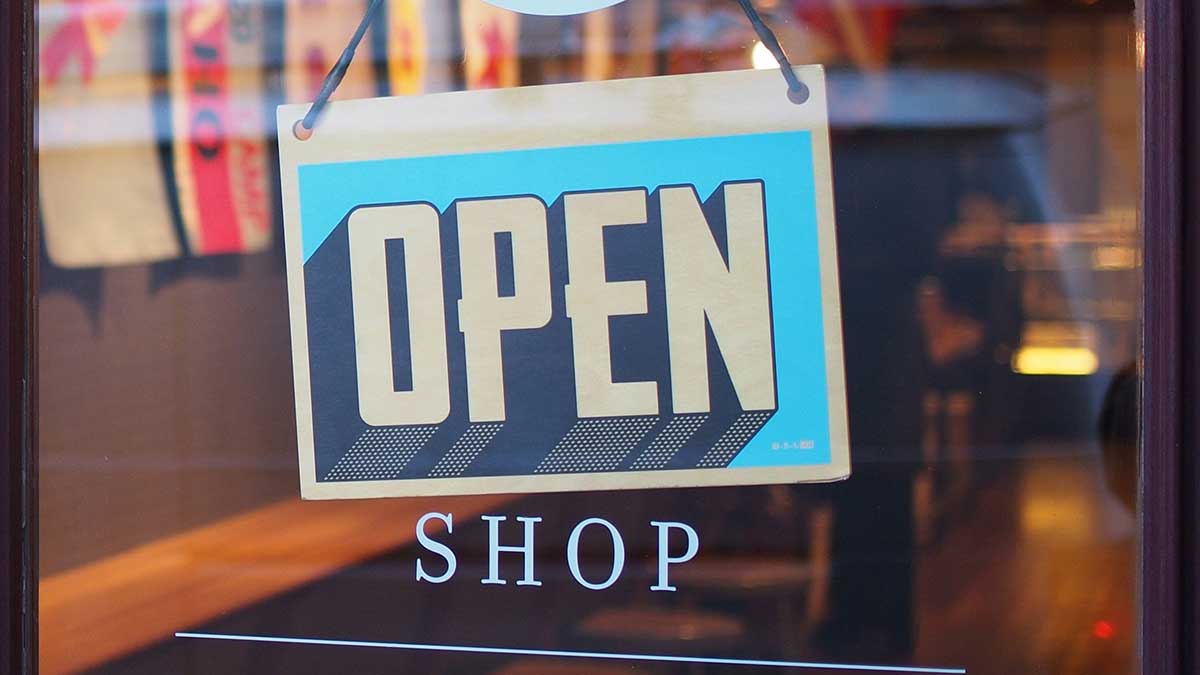Finance Minister Bill Morneau’s 2020 Fiscal Snapshot is scary. As reported by the CBC, the 2020-21 deficit is set to hit $343.2 billion and the net federal debt will hit $1.2 trillion, bringing the debt to Gross Domestic Product (GDP) ratio to 49% up from 31%. This is important because GDP is the value of every product and service we produce as a country. Worse, GDP is expected to contract by 6.8%, the smallest it has been since the Great Depression.
To no one’s surprise, it’s all the result of stopping the economy to stop the spread of COVID-19 and then the government spending some $212 billion to support individuals and businesses. I think this number will only continue to grow as new funding programs roll out to help the millions of Canadians who’ve lost their jobs and to help rebuild businesses and confidence.1
So what does it all mean? The debt is huge but it’s more than just numbers. It has real impact for both the country and individuals. Before I go any further, let me just say I think the shutdown was necessary from a health perspective. Now, however, I think the federal and provincial governments have to pick up the pace to safely and fully reopen before any more economic damage is done. Information about the coronavirus is everywhere. The media updates us every day on infection rates and how to protect ourselves. It’s time to allow people to choose how they want to engage in society–and that choice can only happen if we are fully open and ready for business.
I agree with the 18 public health and infectious disease experts who are calling on our governments to turn their attention to minimizing the risk of COVID-19. In an open letter to the prime minister and premiers, these health experts made it clear: There is no way to eradicate or even prevent every case. We need to learn to live with this virus.2
In my view, that means achieving a balance between mitigating the risk of contracting coronavirus and living our lives. I’ve been talking and writing about the need for balance for months now but it still does not exist. And it won’t exist until schools and businesses reopen in a safe and robust way.
In the meantime, we’re accumulating massive amounts of debt. One of the more important things Finance Minister Morneau failed to mention in his fiscal snapshot is just how we’re going to pay for all this debt, especially when the government is spending more than the revenues it brings in.
Massive debt and deficits have real consequences. They could lead to credit agencies lowering credit ratings, making Canada less attractive to foreign investors, which would increase the cost of borrowing, which in turn could lead to a spike in taxes. Too much debt could also weaken our currency relative to other world currencies and impact interest rates for individuals and businesses and so on.
That’s why it’s critical for the federal government to create a plan to reduce the debt and for that to happen we need to open all businesses with appropriate safety measures, such as mandating the use of masks indoors. What are we waiting for? Canada is a capitalist society. It’s time to let consumers decide where they’re willing to go and spend their money.
Call Me or Email Me
My approach to investing is straightforward. I study the markets, global economies and what’s happening within industries to be in a position to best help my clients find good quality investments that will help them meet their goals. I build custom portfolios for each client. I welcome you to call me at 416-332-3863 or email me at allan@allansmall.com.
References

